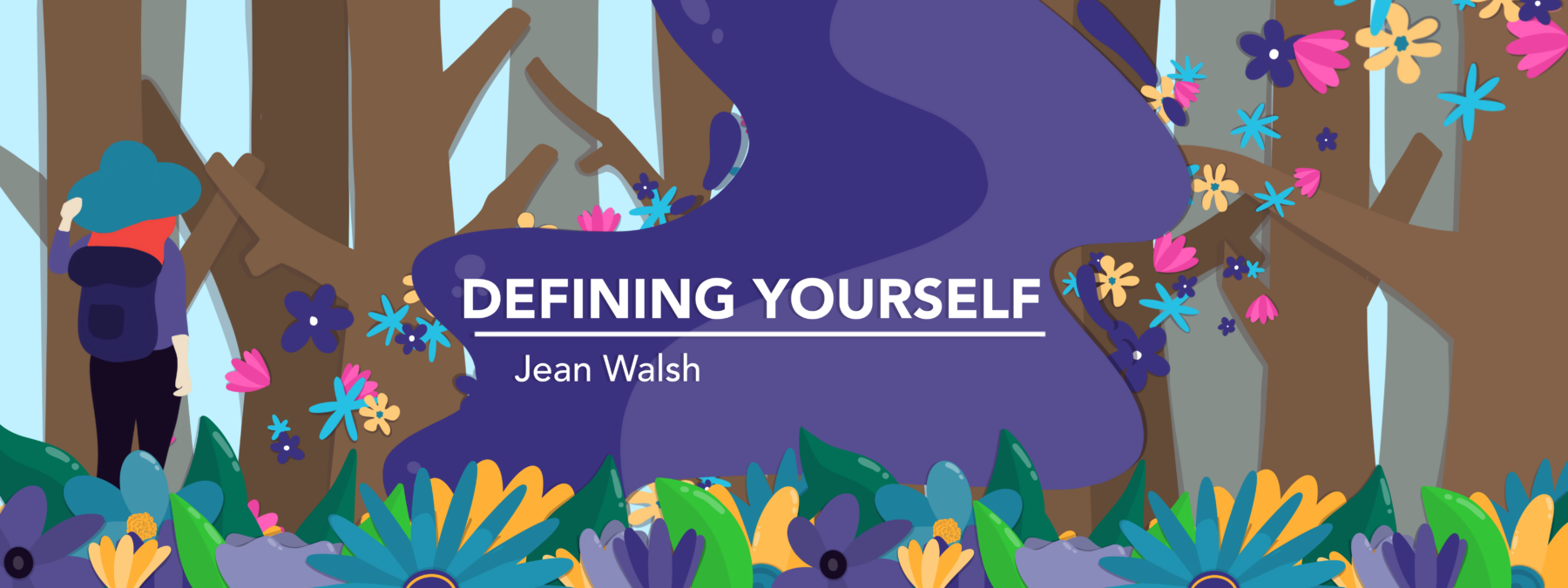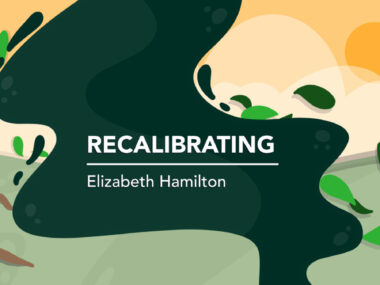Making a stand with the many Rare Disease Day advocates
Legislative action is but one way I support those with FA and similar conditions
Written by |

Like many of us who get diagnosed with a scary illness, the question of “why me?” ran circles around my head. I chased that voice hard, wondering what I did to deserve Friedreich’s ataxia (FA). The answer I came to and always give that voice in my head is “You didn’t do anything. Disease is simply a part of life.”
Now, I’ve added another simple twist: While your disease may not have happened for a reason, it can provide you with one. Advocating for myself and others with FA and rare diseases is my “why” or purpose.
One of the most significant aspects of my life with FA has been discovering my voice to advocate for myself and others. Advocacy has become an essential part of my life, allowing me to turn my experiences into meaningful action. By engaging in the FA and rare disease communities, I connect with others who share similar struggles, simultaneously building a support network.
It’s a win-win situation. I can help myself and others at the same time by raising my voice at a fundraiser, to my legislator, or by writing this column. Beyond the advocacy part, I learn from, lean on, and have fun with people who have shared the experience of having FA or another rare disease.
An extremely important aspect of being an advocate is that it’s empowering. I have this frightening degenerative disease. When I was diagnosed, there was no treatment or cure available. My doctors informed me that there was nothing I could do. As the years go by, I’m becoming increasingly less able. One thing I can do is advocate. I don’t have to sit helplessly on the sidelines.
It’s a big network of people. I once felt that my family and I stood alone. I now know I stand with an estimated 30 million Americans with a rare disease. Recognizing that I’m part of this big coalition makes me feel powerful. This might sound cliche, but I’ve been helped far more by being an advocate than I feel I’ve helped others.
Some ways I act
Writing this column is a way I contribute to raising awareness about FA and other rare diseases. By sharing my struggles and frustrations, I hope my readers feel less alone. While future treatments and a cure are critical, those of us with FA must live with the disease as it is now. I hope my column helps others do just that; it helps me process my life with FA.
I’ve joined forces with various organizations to lobby for legislation that benefits people with rare diseases. By advocating for better healthcare access, research funding, and support services, we can create a more inclusive and supportive environment for everyone affected by rare diseases.
Being a legislative advocate was intimidating at first. In 2018, I joined the Rare Disease Legislative Advocates for their annual lobbying effort on Capitol Hill. I remember rolling down the echoing hall while I rehearsed my little blurb in my head. As we headed to one of my senators’ offices, one of the people in my Massachusetts group reminded me, “They work for you.” Now, I say that to myself every time I meet with a legislator. It helps me approach the task of lobbying with confidence.
Today, we have Skyclarys (omaveloxolone), our first treatment. I proudly say I was part of the cadre of people who made that happen. Through the efforts of many advocates, we moved FA from the column of untreatable disease to the column of treatable. That’s empowering!
Those are two of the ways I advocate — among the many. Educating friends and family about FA is advocacy. Helping your primary care physician understand your FA needs is advocacy. Ensuring your needs are met in school is advocacy. Whenever I remind myself that I’m advocating for my own and my community’s needs, I feel that FA doesn’t run my life; I do.
Rare Disease Day, celebrated on Feb. 28 this year, inspires and motivates me. It highlights our community’s collective strength and determination. Sharing my story, supporting others, and working toward meaningful change are three ways I advocate. I strive to be part of the broad effort to create a brighter future for everyone with rare diseases.
This year, I plan to celebrate Rare Disease Day by attending a couple of Zoom celebrations. Although my service dog and I will be alone, I’ll feel empowered knowing that I’m with millions of rare disease warriors who can move mountains.
Note: Friedreich’s Ataxia News is strictly a news and information website about the disease. It does not provide medical advice, diagnosis, or treatment. This content is not intended to be a substitute for professional medical advice, diagnosis, or treatment. Always seek the advice of your physician or another qualified health provider with any questions you may have regarding a medical condition. Never disregard professional medical advice or delay in seeking it because of something you have read on this website. The opinions expressed in this column are not those of Friedreich’s Ataxia News or its parent company, Bionews, and are intended to spark discussion about issues pertaining to Friedreich’s ataxia.



Leave a comment
Fill in the required fields to post. Your email address will not be published.